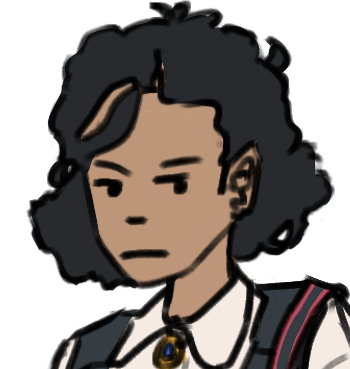NEW Story: Cocktail
Anxiety, Utopia

This article is not part of Vekllei canon. It may be old, obsolete or just a bit of fun.
In the voices we hear, isn’t there an echo of now silent ones?
— Walter Benjamin, On the Concept of History, 1942
Tzipora remembered living in the twilight of the dying world, and how quiet it seemed in Vekllei in those years. It had an effect on the air; on the grass. Tzipora was very good at admiring the mundane, and the spaces it inhabited.
Landscape is all around us, all of the time. It does not just occur in scenery, or in nature. And it can be very difficult to see landscape for what it is, because our interiors — our selves — announce themselves constantly. In order to enjoy the quiet physicality of everyday life, you have to quiet that voice. What is left is the senses, and intuition.
Vekllei was full of these sensory feelings, because it was full of physical things. It was breaking down, one after the other, the mental burdens of modernity. Not just in big ways; in money and in work. But in small ways too, in how we experienced places and how we thought of and understood our possessions. Upen explicitly describes an animism — all things are alive. But you don’t need to believe in Upen to understand that, it’s evident throughout Vekllei. The complicated, nonsensical machinations of Vekllei society: moneylessness; product atheism; antifashions; childlessness; an absence of landscape, abstractionism, a reclamation of womanhood, etc. — they could not be more simple in Vekllei, where the beautiful products of such things are unannounced and plain to see. Simplicity is in fact complicated; Vekllei is complicated, and life there is simple.
She still had her anxiety, of course. She was a full-colour constellation of neuroses. But living was not hard; Vekllei was approaching its epoch of rest. When it arrives, no one will notice a thing.
Big things coming soon.
